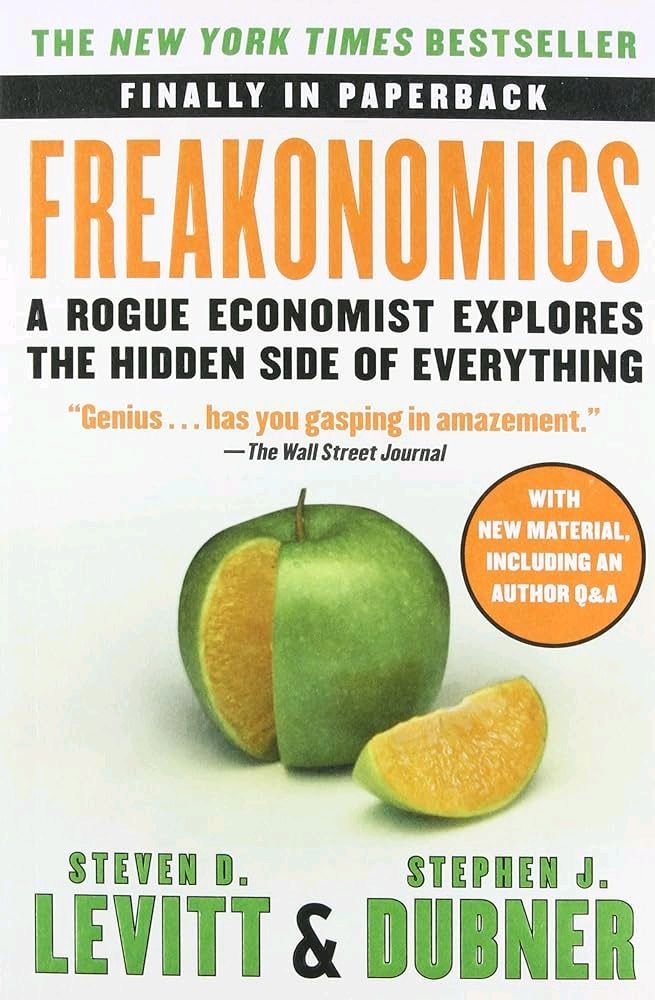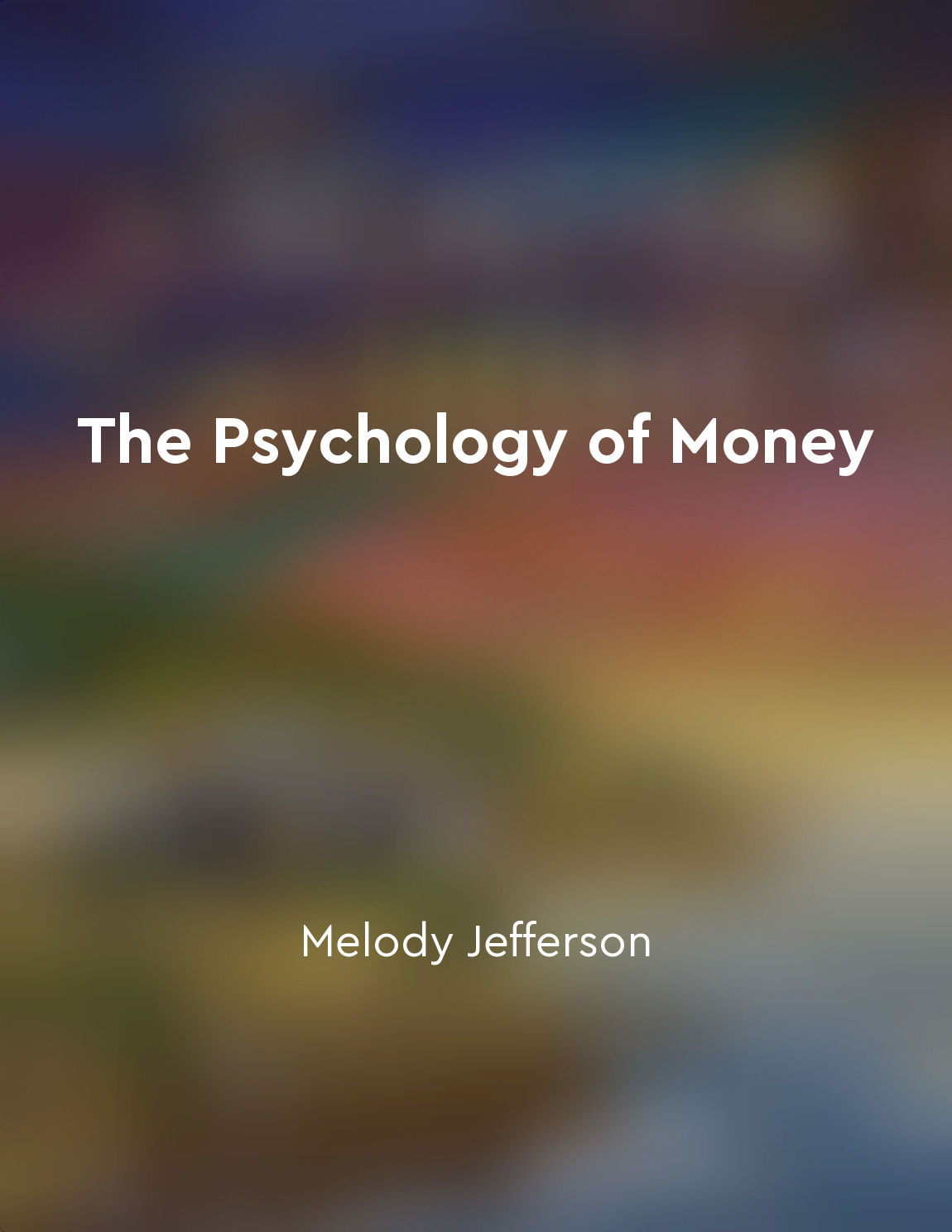Audio available in app
The dynamic interplay between psychology and economics from "summary" of Alchemy by Rory Sutherland
The relationship between psychology and economics is a fascinating one. While economics is often seen as a rational and logical discipline, psychology reveals the irrational and emotional side of human decision-making. This dynamic interplay between the two fields can be seen in various aspects of our daily lives, from our shopping habits to our investment decisions. Psychology plays a crucial role in shaping our economic behaviors. Our preferences, biases, and emotions greatly influence the choices we make when it comes to spending and saving money. For example, the way a product is presented to us can significantly impact our willingness to purchase it. Marketing tactics that appeal to our emotions can often be more effective than purely rational arguments. Economics, on the other hand, provides a framework for understanding how these psychological factors interact to shape market dynamics. The concept of supply and demand, for instance, is influenced not just by objective factors like price and quantity, but also by subjective factors like perceived value and social norms. Behavioral economics has shown us that human decision-making is far more complex and nuanced than traditional economic models would suggest.- We can gain a deeper understanding of why people make the choices they do. This can help businesses better tailor their products and services to meet consumer needs and preferences. It can also help policymakers design more effective strategies for promoting economic growth and well-being. Ultimately, by bridging the gap between these two disciplines, we can create a more holistic and nuanced understanding of human behavior in the marketplace.
Similar Posts

Keeping an open mind can lead to surprising discoveries
The idea that keeping an open mind can lead to surprising discoveries is a powerful one. It speaks to the importance of being r...
John Stuart Mill advocated for economic policies that would promote the greatest good for the greatest number
John Stuart Mill was a firm believer in the importance of promoting the well-being of the majority of society. He believed that...
Historical data may not predict future market performance
Market analysts often rely on historical data to make predictions about future market performance. They believe that by studyin...
Cognitive dissonance influences financial behavior
When we make financial decisions, we often encounter conflicting thoughts and emotions. This internal conflict is known as cogn...
Build a strong foundation of knowledge in financial markets
To be successful in investing, one must first understand the intricacies of financial markets. This understanding forms the bas...

Ask openended questions for insight
When trying to gain a deeper understanding of someone, it is important to ask open-ended questions. These types of questions al...
Mental habits shape our perceptions
Our perceptions are not just shaped by the world outside of us; they are also shaped by our mental habits. These mental habits ...

Saving money is more important than earning money
The idea that saving money is more important than earning money may seem counterintuitive at first. After all, we are often tol...

Information is vital in legal transactions
In legal transactions, information plays a crucial role. Parties involved in these transactions rely on information to make inf...
Confirmation bias causes investors to seek out only information that supports their beliefs
Confirmation bias is a common trap that many investors fall into. This bias causes individuals to seek out information that con...

